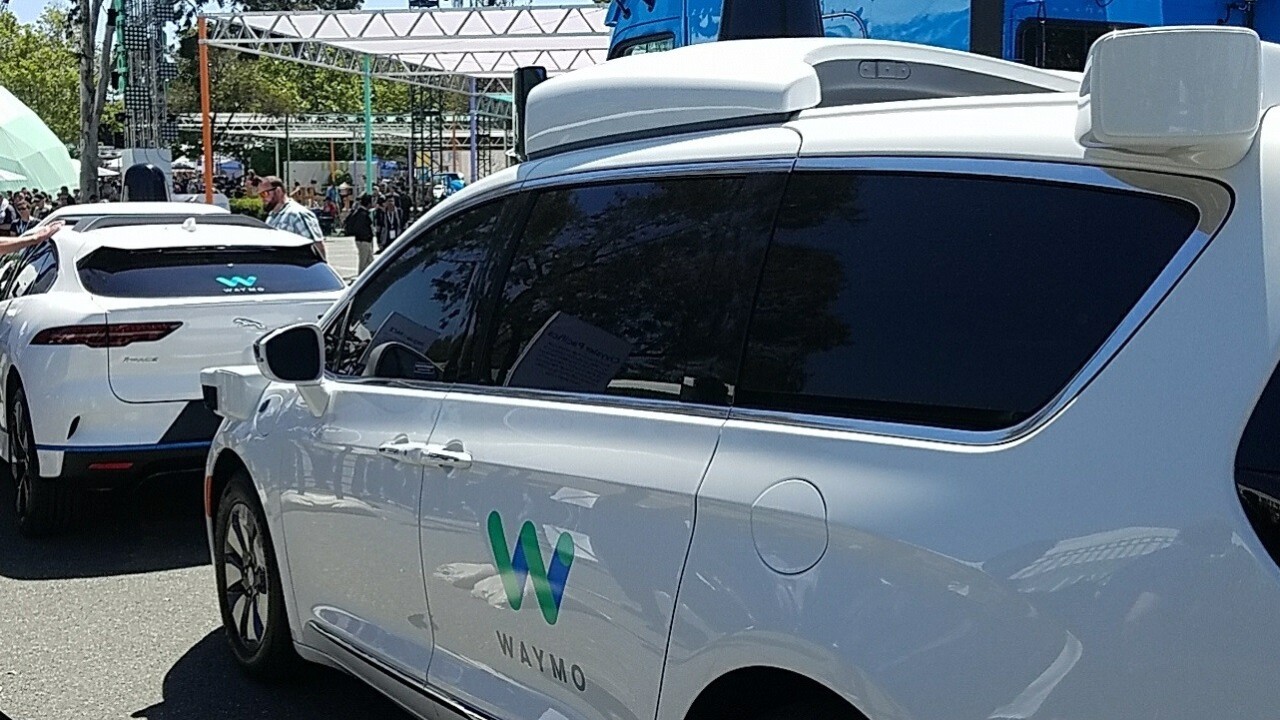
Companies such as Ford and Waymo are investing hundreds of millions of dollars in R&D for driverless cars despite indications that few people seem interested in buying one. Luckily for proponents of autonomous vehicle technology the future of transportation is about access, not ownership.
Trying to replace people’s cars won’t work. Owners spend tens of thousands of dollars purchasing and maintaining machines which remain dormant 95 percent of the time because cars are embedded in our culture, and the driving experience is part of that. Any attempts to replace the status quo will have to come gradually. For better or worse, millions of people see owning and operating a motor vehicle as a symbol of status.
Even people who don’t care about a vehicle’s aesthetics or performance often consider their cars an extension of their homes. We use them as storage areas, temporary shelter, and occasionally a means of transportation. There’s a pretty good chance that you, or someone you know, was conceived in the backseat of a car.
The arrival of driverless car technology has been met with its fair share of detractors. Some people simply don’t trust a computer to do the driving, while others refuse to give up the freedom they perceive vehicle ownership brings them. If driver culture is the obstacle between mass adoption of autonomous vehicles and the status quo, it looks like we’ll be doing our own driving for a long time to come. Luckily it’s not.
Apps instead of dealerships
Ride-sharing has already proven to be incredibly profitable. Services like Uber and Lyft have propelled a world-wide phenomenon that gives passengers options that are often cheaper than taxis and more convenient than public transportation. A system that lowers costs even further, by cutting payments to drivers out of the equation, would likely find a place in such a society.
Currently it’s still a bit more expensive to exclusively rely on ride share services for most people, but costs could come down if companies no longer pay drivers, and further adapt business models to support large fleets instead of individuals and their personal vehicles. This could eventually lead to a system where people treat cars like airplanes, and only people of wealth or hardcore enthusiasts care to own one.
Imagine never having to pay for fuel, repairs, insurance, parking, or licensing and registration again, and having access to ride sharing services providing the same level of convenience as Uber or Lyft, but cheaper.
Health, wealth, and free parking
There’s much more to the future of autonomous cars than just whether or not people would rather save money being driven around by a robot.
Cities where driverless car technology is expected to take off are already investing in converting parking lots and garages into parks. And research clearly indicates that surrounding people with trees and greenery has a positive effect on mental health. That’s a big deal because, according to studies, there’s as many as eight parking spaces for every one car. That’s an incredible amount of real estate that could be reclaimed if driverless car technology proliferates as ride-sharing services. Cars without drivers don’t need to park, they just need somewhere to pull over for loading and offloading.
Experts predict that companies will build or rent their own fleets to represent their specific brands. Rather than simply order an Uber to bring you to a restaurant, or use Grub Hub to bring food to you, a company such as Olive Garden or McDonald’s could place your order inside a mobile dining van, send it to you, and provide everything you need to enjoy your meal on the way to work.
It’s okay if you can’t see the writing on the wall, or you’re firm in your belief that you’ll never set foot in a driverless car — you wouldn’t be the first person to deny technology in favor of the status quo.
Drivers are like horses
More than 20 years after Henry Ford began making the Model T, people were still using horse-drawn carriages as a form of transportation. It must have seemed like a big risk to invest in the mass production of something the general public wasn’t sure of. Yet, today, many people can’t imagine a world without automobiles being driven by people.
And if driverless car technology can make our cities greener and more convenient to get around in, and our streets become safer for everyone, it’ll be hard to deny progress. If it becomes considerably cheaper to ride in a driverless car than to own a regular one, there’s a pretty strong chance that millennials and future generations will happily leave the driving up to computers.
Whether you like it or not, its beginning to look like an economical certainty that driverless cars are coming. And the companies making them probably don’t care if you want to own them or not. Ford, Waymo, and other businesses getting in on the action are planning on selling and/or operating entire fleets of driverless vehicles.
Driverless car manufacturers aren’t going to be focused on getting their products in your garage, but rather on your phone – right next to the Uber and Lyft apps.
Get the TNW newsletter
Get the most important tech news in your inbox each week.





